Easter is a time of renewal, celebration, and joy—but it’s also a holiday that can generate a lot of waste, from plastic eggs to excess packaging. This year, why not embrace a more sustainable approach? With a few simple swaps, you can celebrate Easter in a way that’s kinder to the planet while still keeping the fun and magic alive.
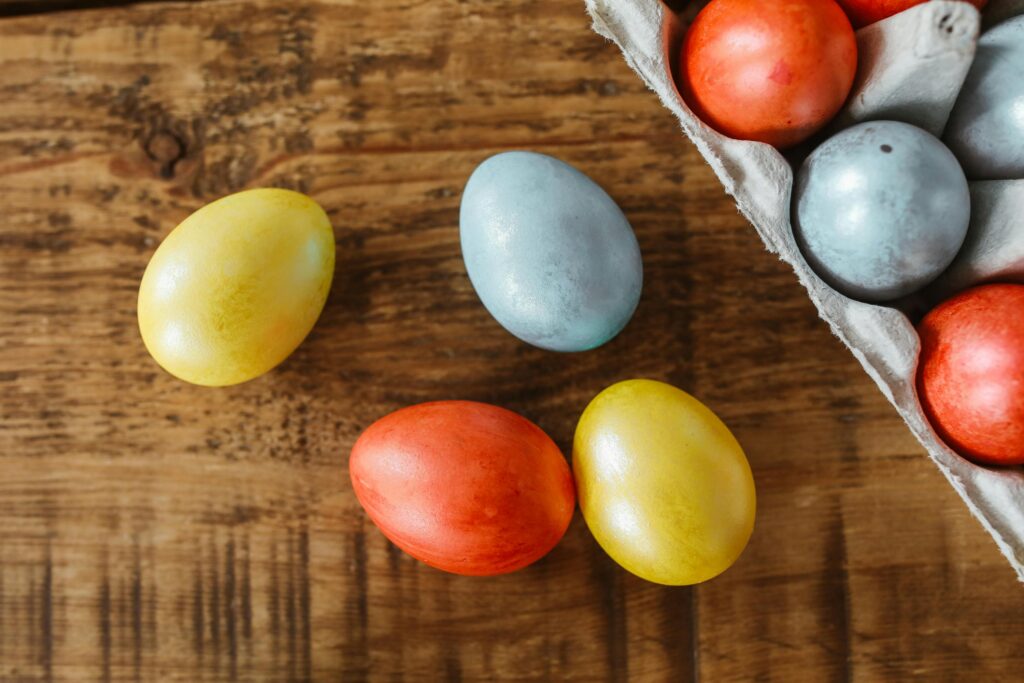
Eco-Friendly Easter Baskets
Traditional Easter baskets are often filled with plastic grass and individually wrapped candies, but a sustainable alternative can be just as delightful. Try these ideas:
- Use a reusable basket – A woven wicker basket, a fabric tote, or even a decorated wooden box can be used year after year.
- Swap plastic grass for natural fillers – Shredded paper, fabric scraps, or even real grass can make a beautiful and compostable alternative.
- Choose sustainable treats – Opt for organic, fair-trade chocolates, homemade baked goods, or bulk-bin candies in paper wrapping.
Naturally Dyed Easter Eggs
Skip the artificial dyes and create stunning Easter eggs with ingredients from your kitchen. Natural dyes produce soft, earthy tones and reduce exposure to synthetic chemicals.
- Blue – Boil red cabbage leaves and let the eggs soak overnight.
- Yellow – Turmeric powder in boiling water creates a bright golden hue.
- Pink – Beets or raspberry juice make beautiful pastel pinks.
- Green – Spinach or parsley can give eggs a gentle green tint.
For an extra eco-friendly touch, use eggs from local, pasture-raised farms or opt for wooden eggs that can be decorated and reused every year.
Sustainable Easter Decorations
Instead of mass-produced plastic decorations, consider handmade and biodegradable options:
- DIY wreaths – Use twigs, dried flowers, and colorful fabric scraps.
- Reusable garlands – Make banners from felt, fabric, or recycled paper.
- Upcycled centerpieces – Arrange potted plants, fresh flowers, or decorated branches instead of artificial decor.
Mindful Easter Gifts
Rather than plastic trinkets that end up in landfills, give meaningful gifts that last:
- Books, puzzles, or DIY craft kits
- Seed packets for flowers or vegetables
- Wooden or fabric toys made from sustainable materials
- Handmade coupons for special activities, like a picnic or movie night
Low-Waste Easter Egg Hunts
Plastic eggs often break and end up as trash. Instead, try these alternatives:
- Fabric or wooden eggs – Fill them with small treasures and reuse them each year.
- Scavenger hunts – Hide clues instead of eggs, leading to a final prize.
- Edible treats – Hide homemade cookies, wrapped chocolates, or small baked goods.
A Greener Easter Feast
Food waste is a major issue during holiday gatherings. Reduce your impact with these sustainable dining tips:
- Buy local and organic ingredients whenever possible.
- Plan portions wisely to minimize leftovers.
- Serve plant-based or seasonal dishes to reduce carbon emissions.
- Use real plates, cloth napkins, and reusable utensils instead of disposables.
Celebrate Easter with a Lighter Footprint
An eco-friendly Easter isn’t about sacrifice—it’s about creativity, mindfulness, and celebrating in a way that respects the earth. By making a few thoughtful changes, you can enjoy the holiday while fostering a deeper connection with nature and the traditions that truly matter.
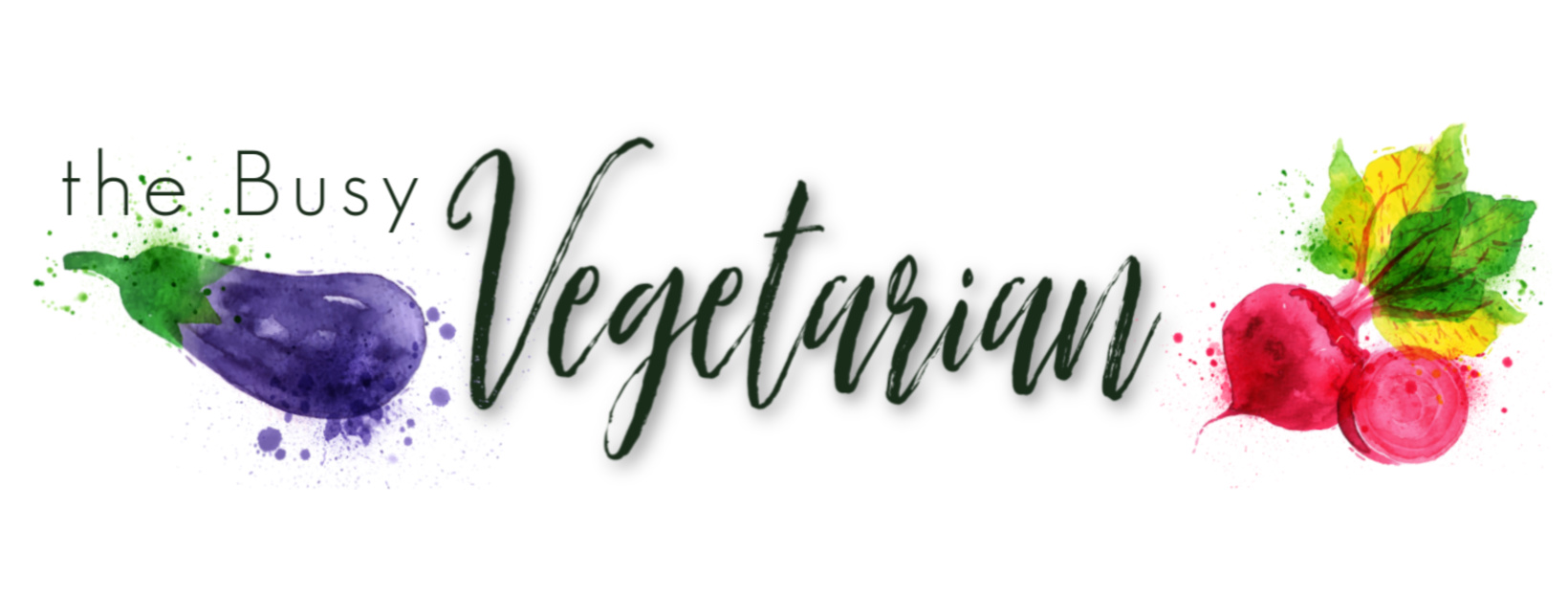

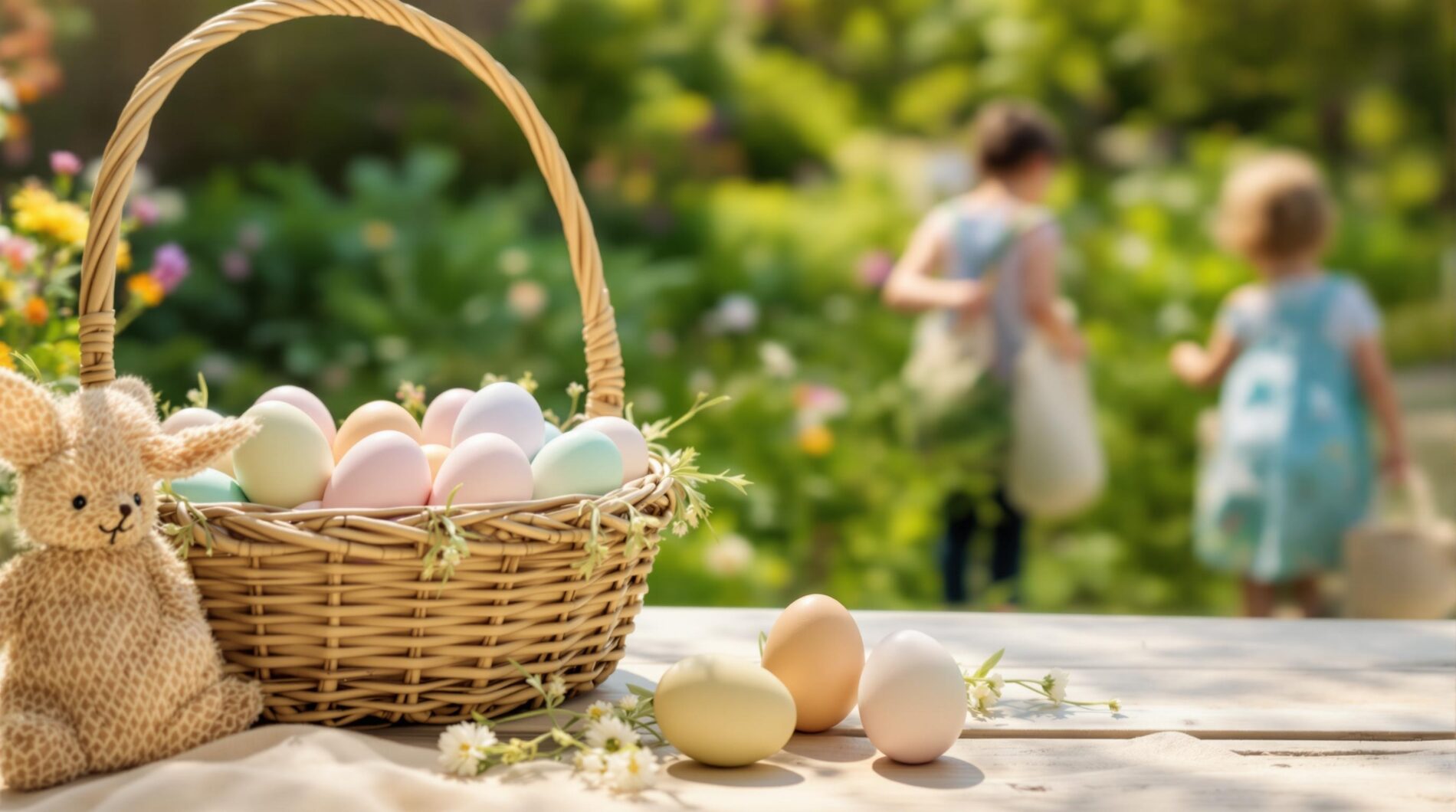


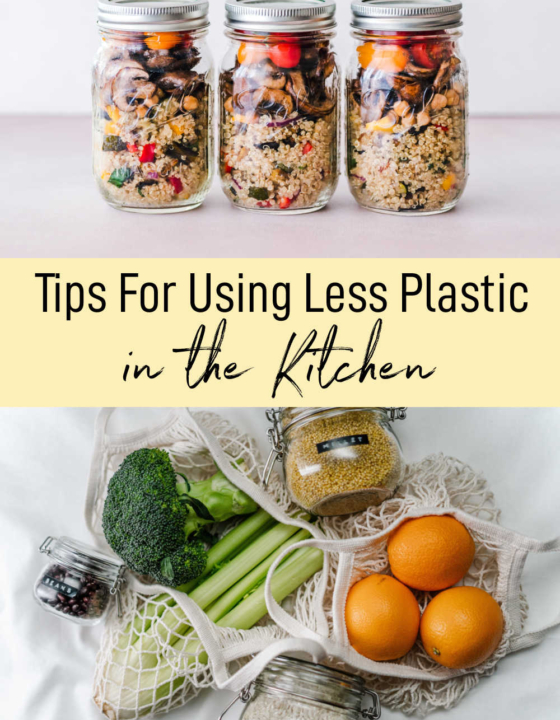

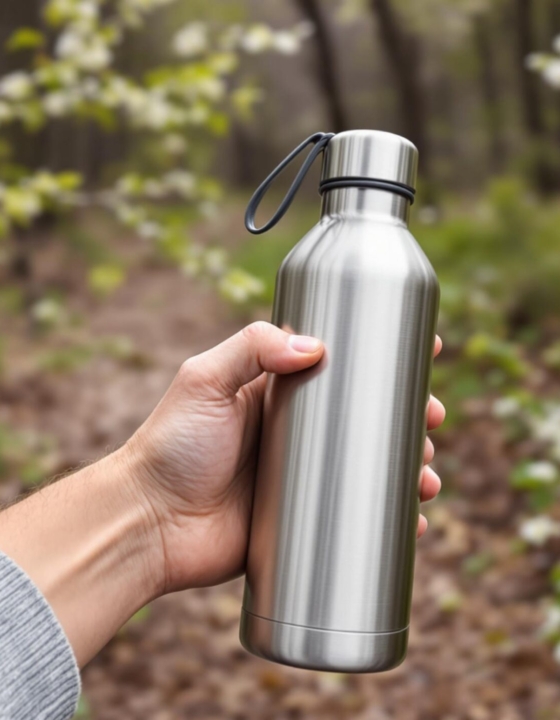
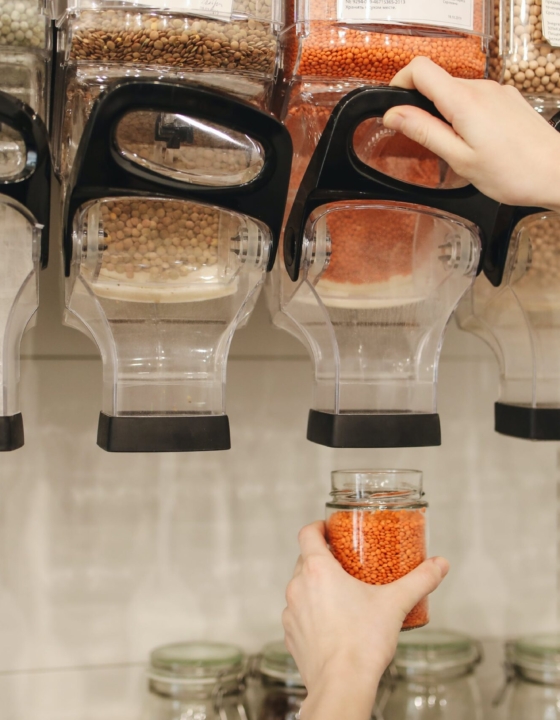

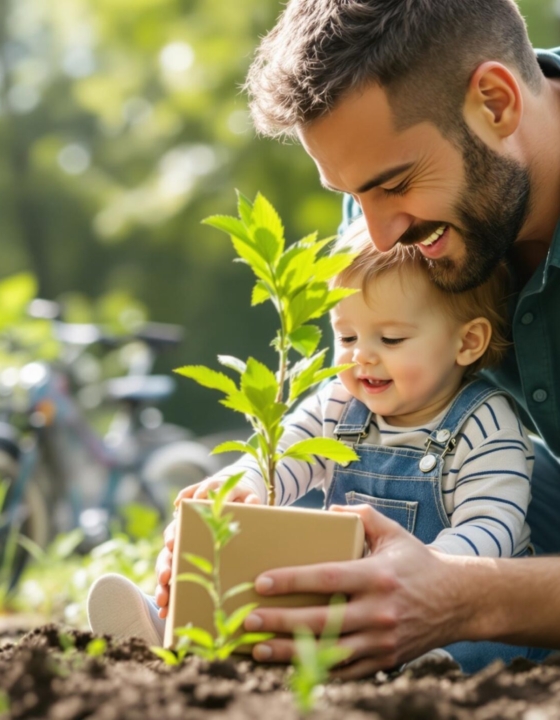
What do you think?